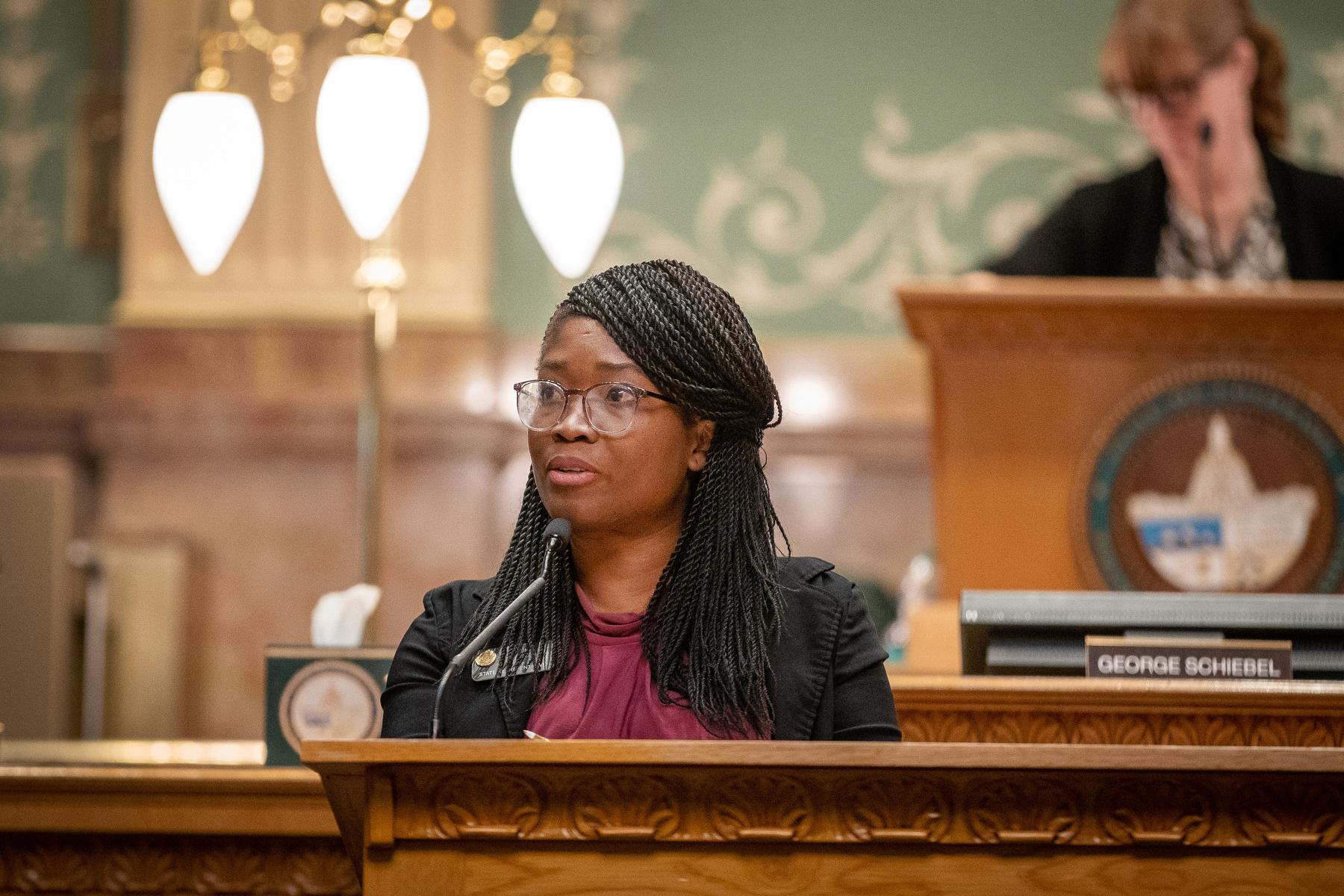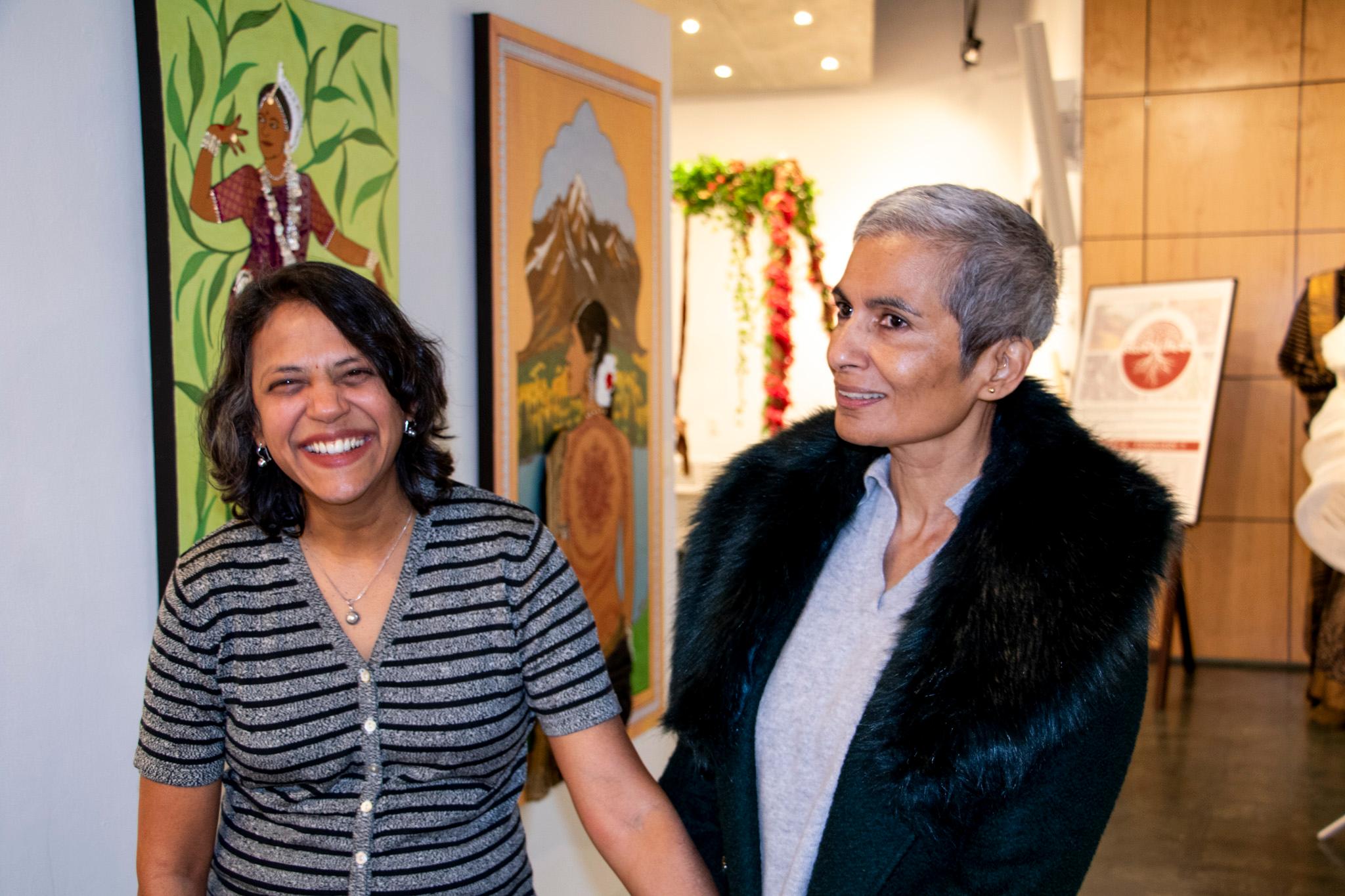
This year, Colorado legislators launched a Medicaid program for doula care, aiming to provide more childbirth options and reduce the maternal mortality rate, particularly among Black women.
However, just three months after the rollout of this new health provision, challenges are surfacing with the new system.
“We are having to go through a lot of hoops when we are not clinical providers,” said Imani Williams, a doula and owner of the Black in Birth doula services.
A legislative review found that Colorado recorded 174 pregnancy-related deaths between 2016 and 2020, many were deemed preventable. The review recommended more access to doula services to save lives.
Doulas aren’t medical providers, but provide emotional and physical support during pregnancy, birth and the weeks that follow. They can offer advice on ways to cope with labor, lactation support and help parents navigate childbirth decisions. Yet, despite these benefits the program's implementation has not been seamless.
Under the program, doulas are required to register in order for women to receive their services.
“The certification process itself can take years and it’s a lot of money. It can be really a long process,” Williams said, noting that these hurdles may prevent many doulas from participating and many don’t have certification.
If doulas can’t register, it raises concerns about access for mothers, especially women of color who want culturally responsive birth care.
Democratic Rep. Junie Joseph, one of the co-sponsors of the bill, listened to Williams' concerns during a taping of an upcoming episode on the topic with CPR News and Denver 7’s Real Talk.
“We cannot discount some of the comments that were made by Imani Williams, that the process itself makes it hard for doulas to do the work and provide the services that are needed,” Joseph said.
Rep. Joseph committed to revisiting the legislation.
“I probably need to go back to the drawing board. I need to have a conversation with groups who are doing the work on the ground.” she said.
Not all health advocates believe doulas can solve the issue of high maternal mortality.
Heather Thompson, Director of Research at Elephant Circle, a Denver-based reproductive and birth justice organization, believes midwives should also be a part of this effort as well.
“Doulas are certainly one piece of that solution,” said Thompson, she believes that midwives– who are medically-trained to deliver low-risk births– can make a difference.
“Midwives are used around the globe as part of the efforts to reduce maternal mortality. We do not use them in this country nearly as much,” Thompson said, adding that integrating midwifery into the healthcare system would help address some of the systemic healthcare barriers women of color face.
“An integrated system allows somebody to start giving birth at home. And if they need a different level of care, if they need an OB GYN or a hospital setting, that transfer is seamless.”









